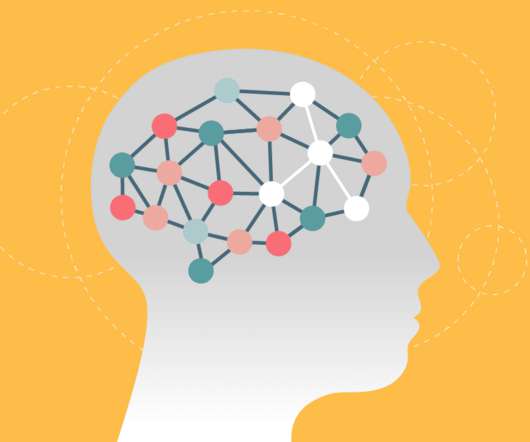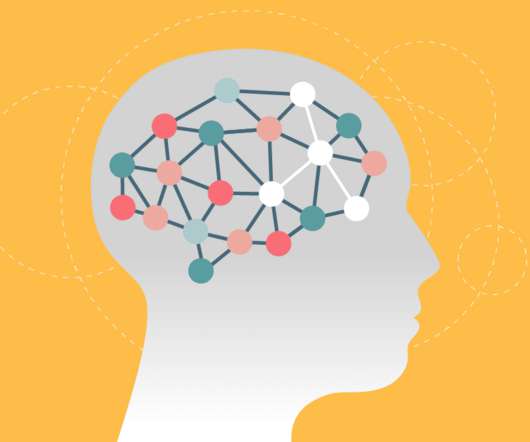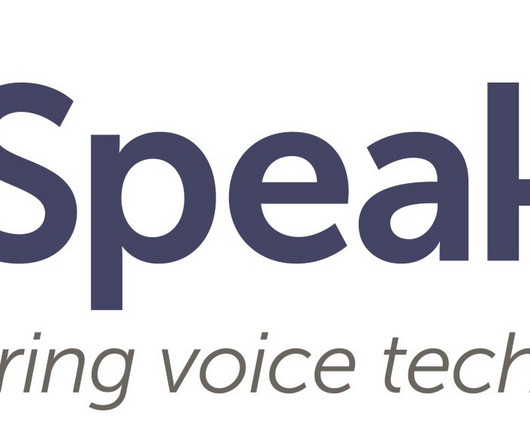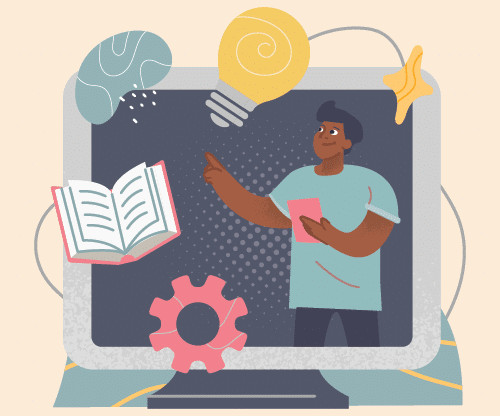Social media and reflection: marriage or divorce?
Joitske Hulsebosch eLearning
APRIL 16, 2012
Social media in organisations has been a difficult topic and sometimes bothers me. When I am invited to do introductory sessions in organisations, I feel like I'm converting people to use MORE social media, whereas I don't believe it is a matter of using as many social media as possible. Multitasking.



















































Let's personalize your content